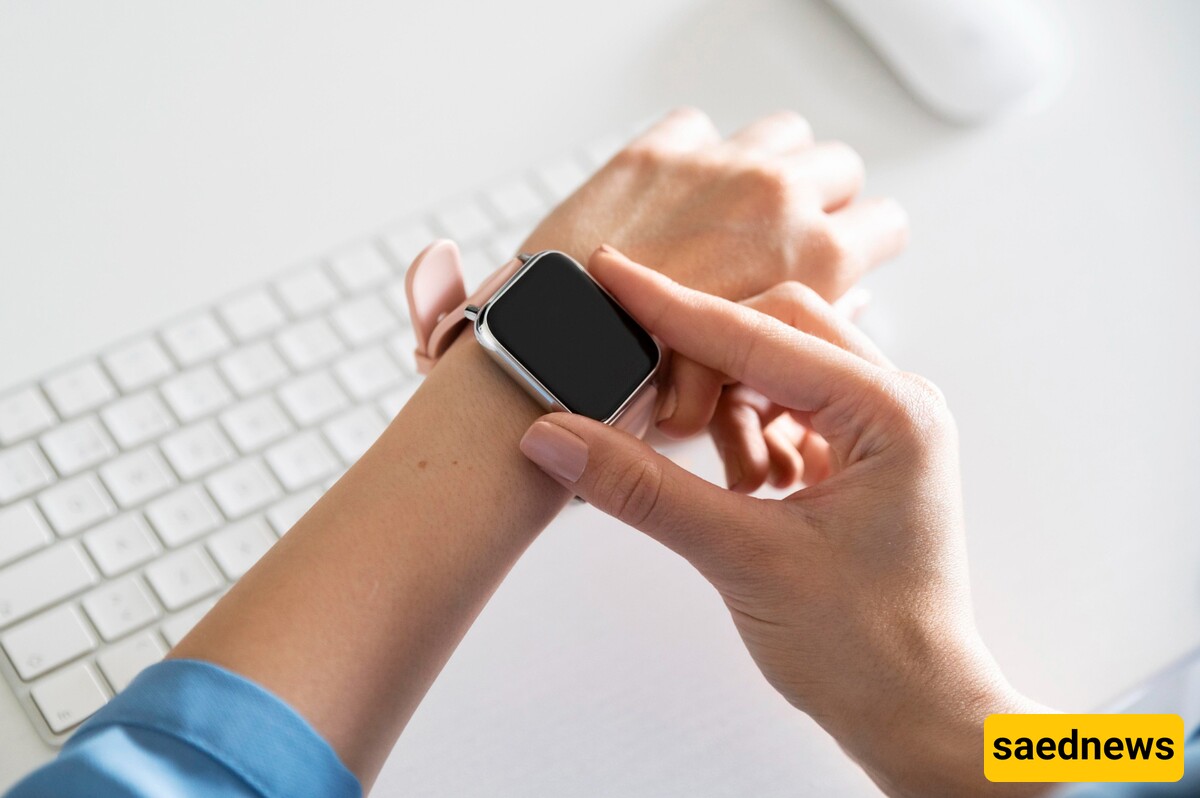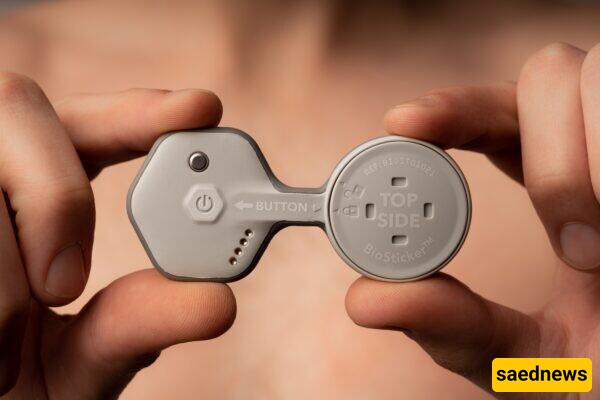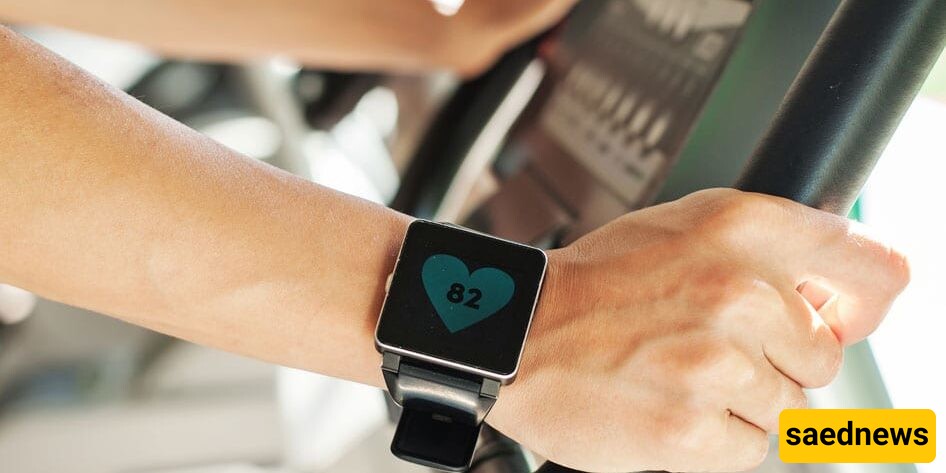SAEDNEWS: Wearable technology has revolutionized fitness and health by offering real-time tracking of physical activity and vital signs. From smartwatches to fitness bands, these devices are shaping the future of personal health management and preventive care.

According to SAEDNEWS, wearable technology has become a staple in modern fitness and healthcare, offering innovative ways to monitor and improve well-being. Devices such as fitness trackers, smartwatches, and biosensors provide real-time data on physical activity, heart health, sleep patterns, and more. This transformative technology is driving a new era in health awareness and preventive care.

Wearables allow users to monitor steps, calories burned, distance covered, and exercise intensity. Advanced models also analyze workout performance and provide tailored recommendations for improvement, helping individuals achieve fitness goals more efficiently. Features like activity reminders, daily goals, and gamified rewards encourage users to stay consistent. By tracking progress and offering incentives, these devices help individuals develop sustainable healthy habits.
Modern wearables have evolved beyond fitness tracking to become comprehensive health monitoring tools. By continuously measuring metrics such as heart rate, blood pressure, and blood oxygen levels (SpO2), these devices enable early detection of abnormalities, potentially preventing serious health issues. Additionally, they provide valuable insights into sleep patterns by tracking duration and quality, helping users pinpoint disruptions and make lifestyle changes to enhance rest. Many wearables also assess stress levels through heart rate variability, offering relaxation techniques to support mental well-being. Together, these features promote a holistic approach to physical and mental health management.
Early Warning Systems
Wearables can alert users to irregularities, such as abnormal heart rhythms, prompting timely medical consultations. Early detection of potential health issues can significantly improve outcomes.
Chronic Condition Management
For individuals with chronic illnesses like diabetes, wearable devices help monitor key health indicators such as glucose levels and physical activity. This data supports better disease management and reduces the risk of complications.
Enhanced Doctor-Patient Collaboration
Wearables collect valuable data that can be shared with healthcare providers, allowing for more personalized care and effective treatment planning.
AI and Personalized Analytics
Artificial intelligence integrated into wearables interprets complex data, providing users with actionable insights. These tools enhance decision-making and encourage healthier behaviors.
Seamless Connectivity
Wearables sync with apps and smartphones, creating unified platforms for monitoring health metrics. These connected ecosystems provide users with an accessible, streamlined approach to managing their well-being.
Expanding Features
Wearable technology continues to evolve, incorporating features like ECG monitoring, hydration tracking, and thermometers. These advancements make wearables comprehensive tools for health management.
Accuracy Issues
Although wearable devices have improved, some metrics, like calorie estimation or blood pressure, remain less reliable. Users should consider these limitations and consult healthcare professionals when necessary.
Privacy and Security
The collection of sensitive health data raises concerns about privacy and security. Companies must prioritize strong encryption and transparency to maintain user trust.
Cost and Accessibility
Despite their benefits, wearable tech remains out of reach for many due to high prices. Reducing costs and increasing accessibility are essential for broader adoption.

As wearable technology advances, it promises even more transformative capabilities. With innovations in AI and sensor technology, wearables will likely deliver personalized health predictions, early diagnoses, and more precise activity tracking. Collaboration among tech companies, healthcare providers, and researchers will further enhance the role of wearables in preventive care and overall health.
Wearable technology is reshaping fitness and health monitoring, enabling individuals to make informed choices about their well-being. By bridging the gap between personal health management and professional care, wearables are setting the stage for a future where technology plays a central role in enhancing health and longevity.

